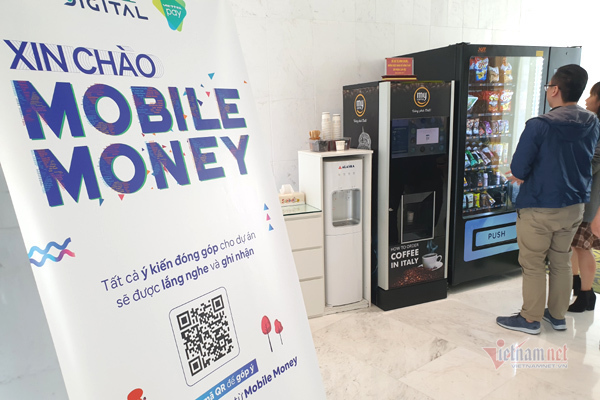
Sandbox is a controlled institutional framework applied to new technologies, products, services and business models. It is an environment for technology firms to try their new technological apps and business models. After the trial period, management agencies will review the trial implementation and then accept or reject it.
Many traditional business fields have changed, and businesses have to utilize technology to work more effectively. It is impossible to manage new services and business models within the existing framework, because policies tend to lag behind practice. Therefore, a sandbox is a wise method.
“It’s impossible to demand state management agencies to create policies for the future. Many countries apply sandbox policies to encourage enterprises to develop new business models, with certain limitations in deployment,” said Nguyen Trung Chinh, president of CMC.
“Sandbox is the manifestation of the principle ‘businesses can do what is not prohibited by law’,” he said. “To build a strong government, it’s necessary to give up the view that businesses can only do the things the State allows them to do."
The Prime Minister has put into effect the pilot implementation of Mobile Money services – making payments for small-value goods and services with telecom accounts. The pilot program will last two years.
This is the first service that the Government has applied the sandbox mechanism with the management of many ministries and branches.
The Government hopes the service will contribute to the development of non-cash payments, and promote access and use of financial services, especially in rural and mountainous areas.
Businesses can only provide Mobile Money to remit money and make payments for legal goods and services in Vietnam in accordance with current laws.
Mobile Money is only applied to domestic transactions with a monthly transaction value limit of VND10 million.
Vietnam is not the first country that has accepted a new technology platform, but experts said that it has an advantage by learning lessons from predecessors.
To popularize certain services among everyone, payment platforms must reach 100 percent of the people. There is no other means that can implement this better than Mobile Money.
In Vietnam, the proportion of credit card users is still low, but mobile subscriber density is very high. Ninety-nine percent of transactions with small value of below VND100,000 are carried out in cash. Mobile Money will be a strong solution to promote non-cash payments in society.
Minister of Information and Communications Nguyen Manh Hung said that Mobile Money is a convincing example that shows that telecom carriers can become platforms for many things, not only telecom infrastructure. They can become platforms for data, computing, digital content, authentication, IT services and IoT.
Nguyen Son Hai, Deputy CEO of VNPT Media, said Mobile Money would lead Vietnamese on the path to become digital citizens and develop a digital society.
“Mobile Money is the first sandbox involving many ministries and sectors to be piloted to meet the needs of society. It paves the way for more sandboxes to be applied to other new services and business models in the future."
Bui Son Nam, Deputy CEO of MobiFone, said that Mobile Money is a great opportunity for mobile network operators to build an ecosystem to accelerate digital transformation.
Got It’s CEO Tran Viet Hung also puts high hopes on the sandbox mechanism, saying that it will help develop Vietnam’s technology startups.
